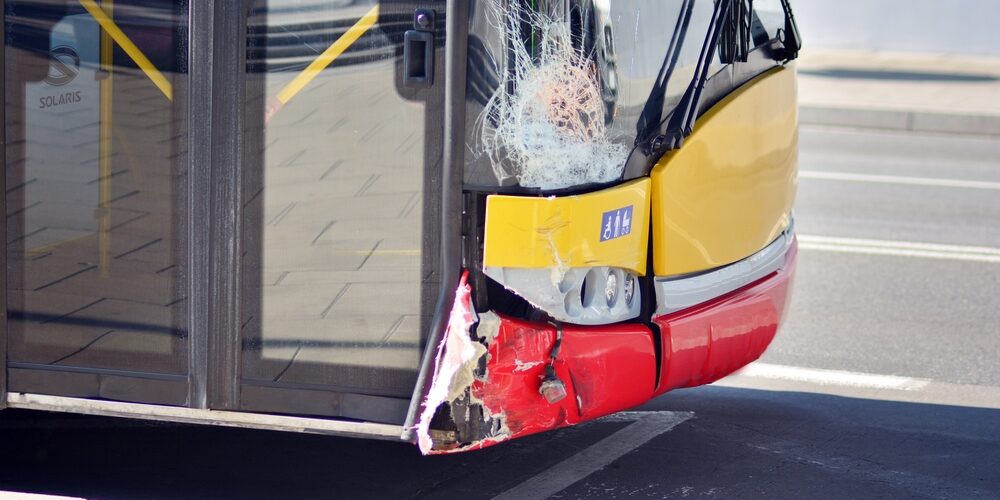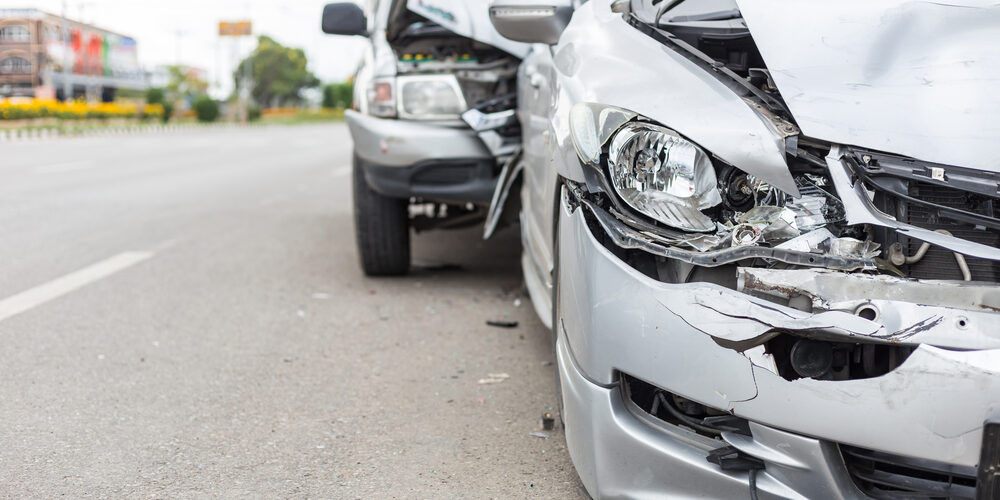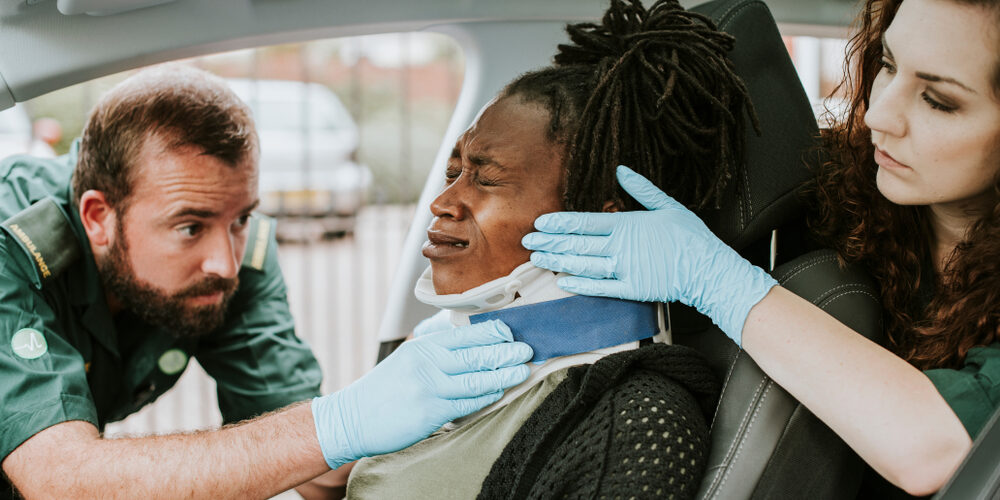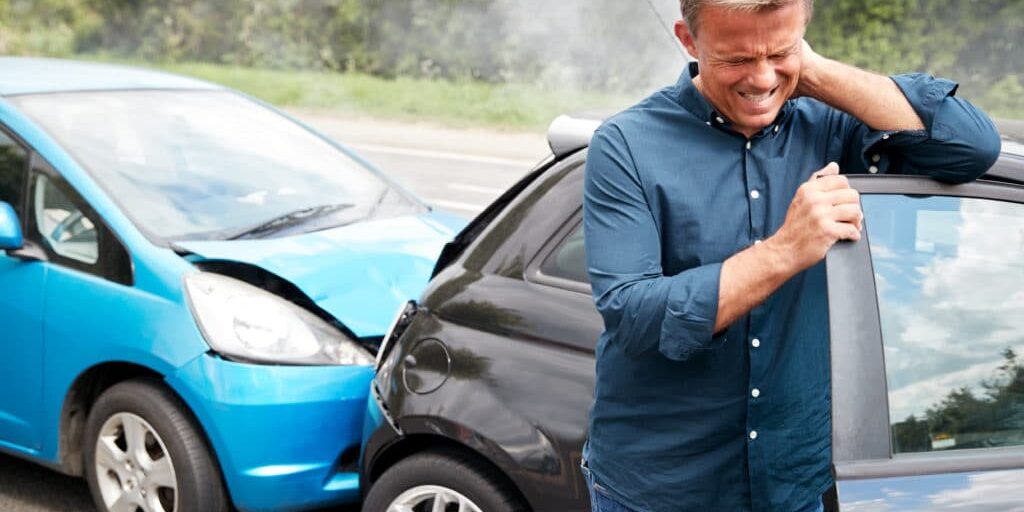When it comes to personal injury claims, the focus often falls on drivers. However, passengers, who can be just as affected in an accident, sometimes overlook their rights and the procedures they should follow. This guide aims to clarify the rights and steps passengers should take if they find themselves in such unfortunate circumstances.
Click here to jump straight to the Post Accident “Quick Guide” Below
Understanding Passenger Rights and Responsibilities
Passengers, whether travelling with family and friends or using public transportation like buses, taxis, or rideshare services like Uber, are usually in a unique position in personal injury claims. Unlike drivers, passengers are seldom considered at fault unless they knowingly ride with a driver who is unfit to drive (due to reasons like intoxication or license issues). This distinction often makes passenger claims more straightforward, with a higher likelihood of success.
You will need to identify the driver and explain the circumstances of the accident. If you know the driver, it should be straightforward. Suppose you are in a taxi or Uber situation. In that case, you should be able to capture that information via your mobile app.
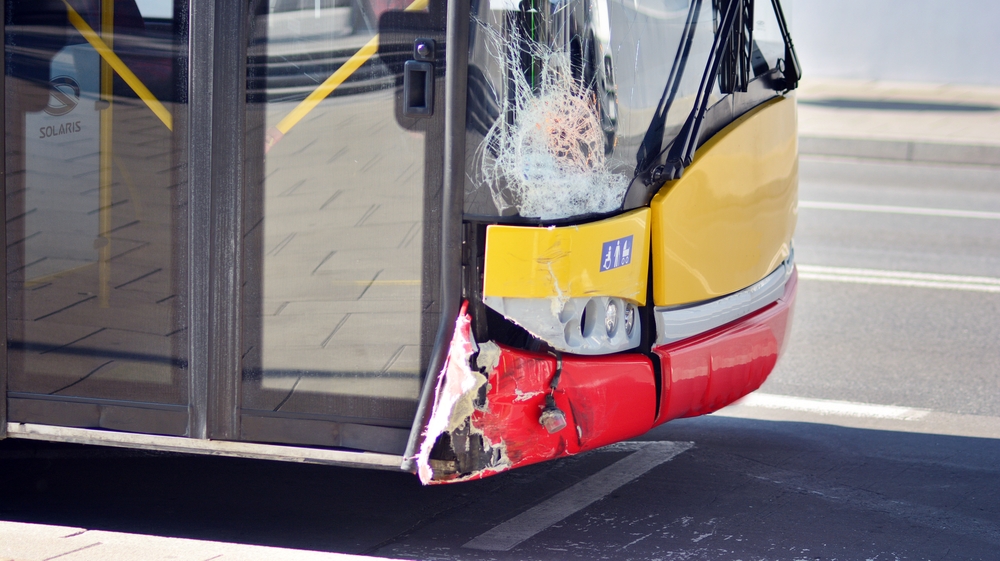
Personal Injury Incidents on Buses and Coaches
It is a similar situation with bus/coach passenger claims. However, you won’t have access to the same level of information as when using an app. Usually, injuries in this scenario will be one of two types: either the bus will be hit by a third party vehicle (for example, a rear-end collision when the bus is stopping or a side impact when moving off) or the bus itself brakes suddenly, to avoid a collision or for some other unexpected reason, causing passengers to be thrown off balance and falling to the floor or suffering a wrenching injury (commonly referred to as a “whiplash” injury).
Some cases will arise from the driver setting off before the passenger has had a reasonable opportunity to take their seat, causing them to fall in the aisle. There may be video evidence available. If so, ask for it to be retained as it may otherwise not be kept indefinitely.
The issue with bus claims is that often, the passenger will not be so seriously injured that they cannot disembark the bus. If they are seriously injured, the bus driver would generally call an ambulance and record the incident, including (if possible) recording details of the third party involved and the circumstances that led to the incident.
If the passenger leaves the bus and only realises later that they have suffered an injury, evidential issues can arise. For example, which bus service/route was it, at which stop did they get on, who was the driver, what was the location of the incident, what do they recall, and were there any witnesses they spoke to?
It is crucial to identify and notify the correct bus company (and the Passenger Transport Authority) as soon as possible so that they can make their enquiries, but also to preserve as much evidence as possible to support the claim.
The Claims Process for Passengers
- Identify Involved Parties: Note details of the vehicles and drivers involved in the accident.
- Identifying the Responsible Party: Determining who is at fault is a critical first step. This could be another driver (referred to as a “third-party”) or the driver of the vehicle you were in.
- Information Gathering: In incidents involving taxis or rideshare services, your mobile app can be a valuable tool for capturing information about the driver and the journey. Although you might not have access to the same level of detail for bus or coach accidents, gathering as much information as possible is crucial.
- Seek Video Evidence: In some scenarios, such as injuries caused by the bus moving before you’re seated, video evidence can be pivotal. Request that any available footage be retained, as it might be crucial for your claim. This could also apply to cameras mounted in cars involved in or around during the incident.
- Document the Accident: Make detailed notes about the circumstances surrounding the accident. This includes the location, time, and how the accident occurred.
- Report the Incident: It’s important to inform the relevant authorities about the accident. This could be the police, the transport company, or both.
- Address Evidential Challenges Early: If you realise you’re injured after leaving the scene, gathering evidence as soon as possible is essential. This includes details about the bus service, route, driver, location of the incident, and any potential witnesses.
- Keep a Record of Injuries and Expenses: Document your injuries and any related expenses, such as medical treatment costs. This will be important when making your claim.
- Types of Injuries and Accidents: Common injuries in passenger claims include whiplash or injuries from being thrown off balance due to sudden stops or collisions. Understanding the nature of these injuries and how they occurred is important for your claim.
- Consult a Legal Expert: If your injuries are serious, it’s advisable to seek professional legal advice. A legal expert can guide you through the process and help ensure you receive the compensation you’re entitled to.
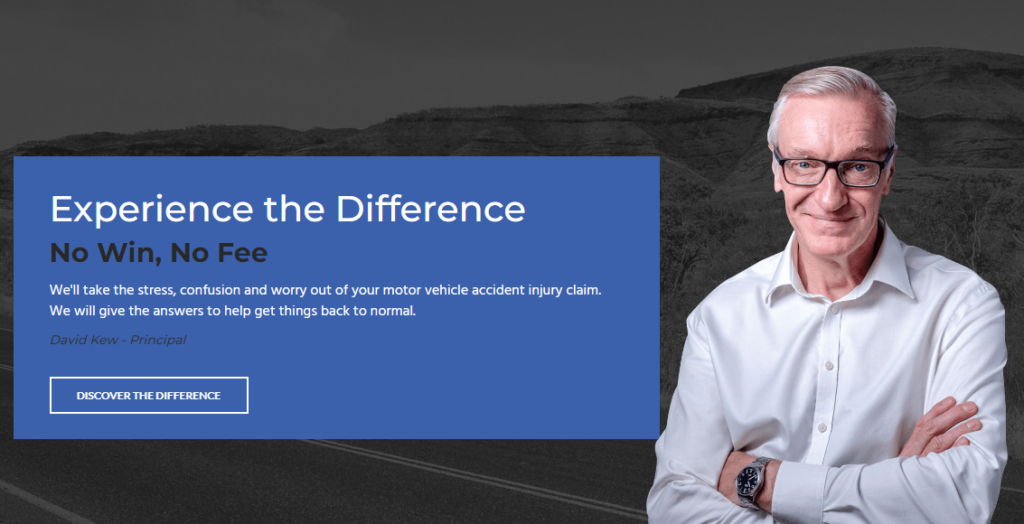
How Motor Legal Can Assist in Passenger Personal Injury Claims
Motor Legal, specialising in motor vehicle accident and insurance claims, offers a comprehensive service to assist passengers involved in accidents. Here’s how we can help:
- Expertise in Road Accident Personal Injuries: With over 35 years of experience, Motor Legal has a deep understanding of the complexities involved in road accident personal injuries. This expertise ensures that they can provide the best possible outcome for their clients.
- No Win, No Fee Policy: Understanding the financial concerns that come with legal proceedings, Motor Legal operates on a ‘No Win, No Fee’ basis. This means that if you are unsuccessful in securing a win for your claim, we will waive our fees, reducing the financial risk for you.
- Specialisation in Motor Vehicle Accident Claims: Motor Legal’s focus on motor vehicle accident claims means we have a wealth of experience and knowledge specific to this area. This specialisation allows us to efficiently manage claims, especially those involving the Insurance Commission of Western Australia (ICWA).
- Comprehensive Client Service: Motor Legal is a one-stop service for clients in motoring matters following an accident. This includes taking care of everything from the initial claim to the final settlement, ensuring a hassle-free process and more time to spend on your recovery.
- Free Initial Advice: Motor Legal offers a free initial consultation, allowing potential clients to understand their rights and options without worrying about immediate costs. This initial consultation can be crucial in deciding the best course of action following an accident.
- Representation for Passengers: Motor Legal can assist passengers with their claims, ensuring their rights are protected and they receive the compensation they are entitled to.
- Guidance Through the Entire Process: From the initial consultation to the settlement of the claim, Motor Legal guides you through every step. We can answer questions about the duration of the claim process, costs, court appearances, and the necessity of any in-person meetings.
- Accident Reporting Assistance: Motor Legal also provides guidance on how to report an accident effectively, which is a crucial step in the claims process.
Motor Legal offers a specialised, client-focused service for passengers involved in motor vehicle accidents. Their experience, no-win-no-fee policy, and commitment to providing comprehensive support make them a valuable ally for anyone navigating the complexities of personal injury claims following a road accident.
In Summary
Understanding your rights as a passenger involved in an accident is crucial. By following the proper steps and gathering the necessary information, you can navigate the process of making a personal injury claim more effectively. In cases of serious injuries, don’t hesitate to seek professional legal advice to ensure your rights are fully protected.
Found this article useful? Use the links below to share or send
Have you been injured in a Motor Vehicle Accident? Request a free initial consultation via the form below.
"*" indicates required fields


